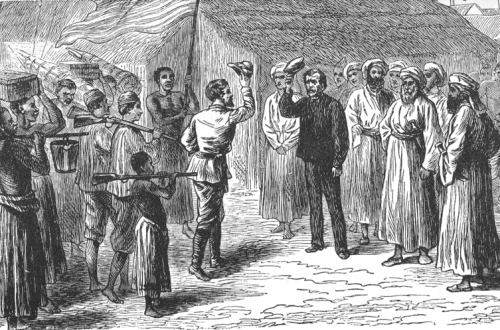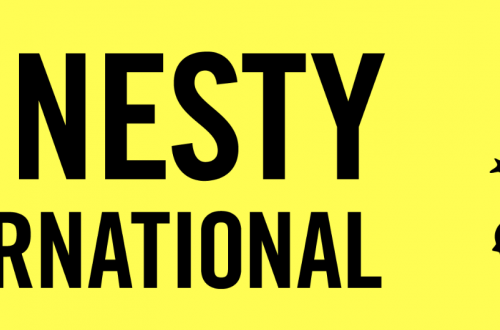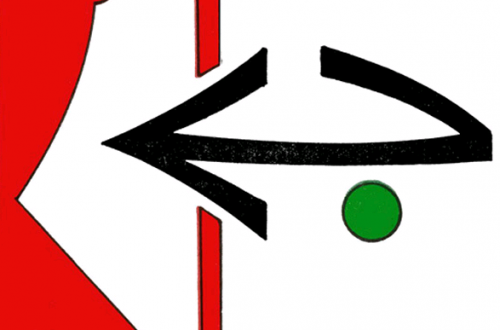J K Rowling spoke for me in her measured statement about why she would be voting No come the Scottish independence referendum. Like me she is not Scottish though she has lived in Edinburgh for a long time, she loves where she lives and she understands where many of the Yesses are coming from but she is still voting No.
Her statement should be read in full.
This point particularly struck a chord:-
The more I listen to the Yes campaign, the more I worry about its minimisation and even denial of risks. Whenever the big issues are raised – our heavy reliance on oil revenue if we become independent, what currency we’ll use, whether we’ll get back into the EU – reasonable questions are drowned out by accusations of ‘scaremongering.’
Indeed “FEAR!” is a word chucked at Noes a good deal when they question Salmond and the SNP’s cavalier attitude towards the currency that IScotland would use and also the cost of actually setting up a separate state. When I think of the future of IScotland I hear the skirl of IT support staff howling as the new databases in the new government departments crash. The Yesses say Salmond and the SNP are not necessarily going to be the future government in IScotland, but they are IScotland’s representatives on earth at the moment, and they are not reassuring.
Rowling continues:-
Of course, some will say that worrying about our economic prospects is poor-spirited, because those people take the view ‘I’ll be skint if I want to and Westminster can’t tell me otherwise’. I’m afraid that’s a form of ‘patriotism’ that I will never understand. It places higher importance on ‘sticking it’ to David Cameron, who will be long gone before the full consequences of independence are felt, than to looking after your own. It prefers the grand ‘up yours’ gesture to considering what you might be doing to the prospects of future generations.
…
The Institute for Fiscal Studies concludes that Alex Salmond has underestimated the long-term impact of our ageing population and the fact that oil and gas reserves are being depleted. This view is also taken by the independent study ‘Scotland’s Choices: The Referendum and What Happens Afterwards’ by Iain McLean, Jim Gallagher and Guy Lodge, which says that ‘it would be a foolish Scottish government that planned future public expenditure on the basis of current tax receipts from North Sea oil and gas’
Rowling was, of course, generally insulted for this statement and for her donation to the No campaign.
I was urged by some Yesses to read this article by Mairi McFadyen of the National Collective in response to Rowling.
The nationalism I feel comfortable with is a civic nationalism, a welcoming narrative, a politics of inclusion where all those who choose to live here, on this part of the planet, are welcome.
I thought the England part of Britain itself wasn’t bad at that, including for the many Scots who have moved there to advance their careers. Go to London and look at the ethnic make up. Then look at Edinburgh’s. I would say that for an immigrant like me being “British” (civic nationality) is a more comfortable fit than “Scottish” (cultural nationality, which I’ll never achieve).
The rest of the article, a response to rather than a rebuttal of Rowling’s is of the Radiant Future gushing kind that inspires the Yesses and makes the Noes grumpy.
Now we frequently overhear the #indyref discussed passionately at the taxi rank at 3 o’clock in the morning on a Friday night; in the chippy queue; at the hairdressers. It is being discussed by high school leavers: full of hope, full of promise for life and all the joy and wonders and pain it brings.
And that to me is the nub of my problems with the Yes vote. The Yesses are visionaries. So for them it’s uplift and rhapsody, and we are the literal nay-sayers throwing wet blankets.
Ian Bell, in an article which disagrees with Rowling’s respectfully and in more factual detail than Mairi McFadyen, says:-
It doesn’t hurt, either, to consider the essential nature of the Yes movement, as McFadyen urges. In her telling, the hope for an independent Scotland lies in the very character – in the youth, energy, inventiveness, optimism and desire – of the campaign.
However the young are not so bursting with hope, according to this poll.
64 per cent of 16 and 17-year-olds worry about the economic outlook in an independent Scotland,
41 per cent believe their parents would be financially worse off in independent Scotland, 21 per cent think they would be better off, and 18 per cent say there would be no difference;
39 per cent think their own generation would be financially worse off in an independent Scotland, 25 per cent think they would be better off, and 22 per cent say there would be no difference;
69 per cent say an independent Scotland should keep the pound, 12 per cent say it should have its own currency and six per cent it should adopt the euro.
I don’t know if this is a more materialistic young, a social network young character-chatting about football and music with their like in Manchester and Swindon, and playing video games with someone in Liverpool, a young that sees itself heading to London to work one day – but it could be that the young ‘uns are growing away from the Braveheart or Red Clydeside vision of where they were born and want as easy access as possible to a larger world of opportunity. Splitting from the rest of the UK closes a door – or at least gives the idea it may be stiffer to open.
Ian Bell’s article says of Rowling’s doubts about the oil:-
The quickening pace of exploration also demonstrated that the treasure will not be depleted for at least another generation.
However, in the same Sunday Herald’s business section (not on line as yet):-
Analysts say oil decline is sharper than thought – and fear for future beyond 2018..
…
Wood MacKenzie, who admit to previously overstating 2013 production by more than a third, paint a significantly less optimistic picture of the outlook for the North Sea than a recent Scottish Government statement, suggesting that even the short-term rises predicted on the current investment boom depend on “timely development and successful start-ups of multiple projects.
But who needs oil when we have hope, energy and vision?
Actually who am I kidding in making any kind of argument about the economy, the oil industry or the currency, of which I understand very little. I agree with this man when he says:-
One of the disfiguring features of the referendum debate is that it is dominated by arguments about economics by people who aren’t, in the final analysis, particularly interested in economics. What is not well understood – particularly by London-based commentators who enter the fray – is that there is in Scotland roughly about 25% to 30% of the electorate who are nationalists that would support independence no matter what the consequences. They may believe all this stuff about Scotland being like Norway or Sweden and becoming a beacon of social democracy for the rest of the UK but at base relative poverty is for them preferable to maintaining a relationship that they liken to the occupation of Poland circa 1940.
The softer, and for me more congenial, support for independence comes from means-ends nationalists who view separation as a mechanism to get the sort of policies they want to see. This I’ve said this already but most of these are socialists and greens. …. If there is a Yes vote in September, it’ll be because the Yes campaign have persuaded enough Scots to be nationalists like this, at least for a day. I understand this but it is desperately naive.
That Scotland voted in one UKIP MEP in the European elections was a blow to the softer nationalists, who believe in the Scottish as intrinsically social democratics.
It’s passion, not the money. Some look at a map of the British archipelago and see their home. Others look at the map and see the top one third or so with the raggedy edges to the left as their home. One or the other will be the winners on September 18th.
I hate what the raising of nationalist passions is doing. Whatever the outcome on 18th September there will be disappointment and bitterness afterwards. Scottish nationalism is nothing like as poisonous as many other nationalisms from Serbian to the BNP – but it’s stirring the pond and that’s bringing up ugly, biting beasties.
The Game of Thrones that is the referendum continues.


